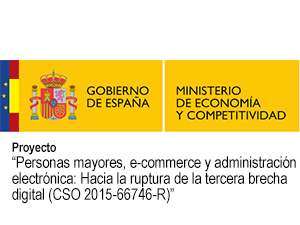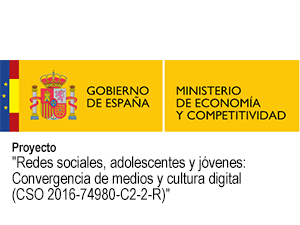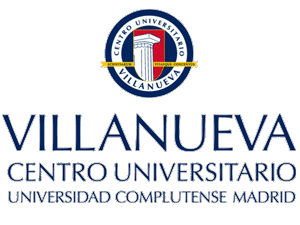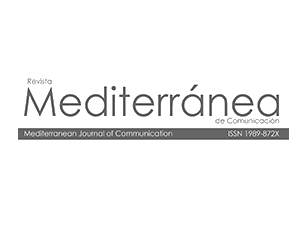El desarrollo de internet y la expansión de las redes sociales han alterado las formas de consumo audiovisual. Se han diversificado las plataformas que alojan contenidos, se han ampliado los dispositivos para consumir esos productos, se ha flexibilizado el acceso a contenidos audiovisuales y se ha democratizado el sistema de creación, producción y difusión de bienes culturales.
Las audiencias de televisión lineal han envejecido, porque las generaciones más jóvenes han cambiado su forma de ver la televisión. La televisión tradicional convive con formatos originados en internet y con el consumo bajo demanda en otras pantallas, como móviles, tablets y smartphones, y con la televisión de pago y otras plataformas de distribución de contenido audiovisual como Netflix, Amazon o HBO.
Este simposio se propone reflexionar sobre los cambios sociales y culturales que supone esta transformación en el sistema de creación, producción, difusión y consumo de contenidos, así como la transformación de la industria cultural, el futuro de la televisión y los riesgos y oportunidades que esta nueva forma de consumo audiovisual supone para niños y jóvenes.
Ejes Temáticos / Nuevas formas de consumo audiovisual en la era digital / Riesgos y oportunidades del nuevo consumo audiovisual para los menores / Comportamiento de la audiencia de televisión en las redes sociales: audiencia social, audiencia creativa… / Prosumidores o consumidores: uso de las TIC por parte de jóvenes y adolescentes / Contribución de los usuarios al proceso de selección y circulación de contenidos televisivos / La participación de las audiencias televisivas en los programas a través de Twitter / Infoentretenimiento político y viralidad / Impacto de las redes sociales en las audiencias de televisión: complementariedad o competencia / Medición de los datos de audiencia multipantalla / Narrativas transmedia / Identidad cultural y globalización / Sistema de producción, transmisión, acceso, percepción y consumo de bienes culturales en la sociedad digitalizada
From television audiences to social networks
The development of Internet and the expansion of social networks have altered the way in which audiovisual content is consumed. Platforms that host content have been diversified, devices to consume these products have been expanded, access to audiovisual content has become more flexible, and the system of creation, production and dissemination of cultural goods has been democratized.
The audience for linear or traditional television programming is older, due to the fact that younger generations have changed the way they watch television. Traditional television coexists with formats that started on Internet and with services of consumption on demand through other screens such as those of mobile phones, tablets and smartphones, as well as with pay television and other audiovisual content distribution platforms such as Netflix, Amazon or HBO.
This symposium will try to reflect on the social and cultural changes that this transformation entails in the system of creation, production, diffusion and consumption of content, as well as the transformation of the culture industry, the future of television, and the risks and opportunities that this new form of audiovisual consumption implies for children and young people
Core topics / New forms of audiovisual consumption in the digital age / Risks and opportunities for minors of the new forms of audiovisual consumption / Television audience behaviour on social networks: social audience, creative audience... / Prosumers or consumers: use of ICT by young people and adolescents / Contribution of users to the process of selection and circulation of television content / Participation of television audiences in programs through Twitter / Political infotainment and virality / The impact of social networks on television audiences: complementarity or competition / Measurement of multi-screen audience data / Transmedia storytelling / Cultural identity and globalization / System of production, transmission, access, perception and consumption of cultural goods in the digitized society
COORDINACIÓN
COLABORADORES TÉCNICOS

Luis Manuel Fernández
Investigador en formación. CEU San Pablo

Andrés Shoai
Investigador en formación. CEU San Pablo

















